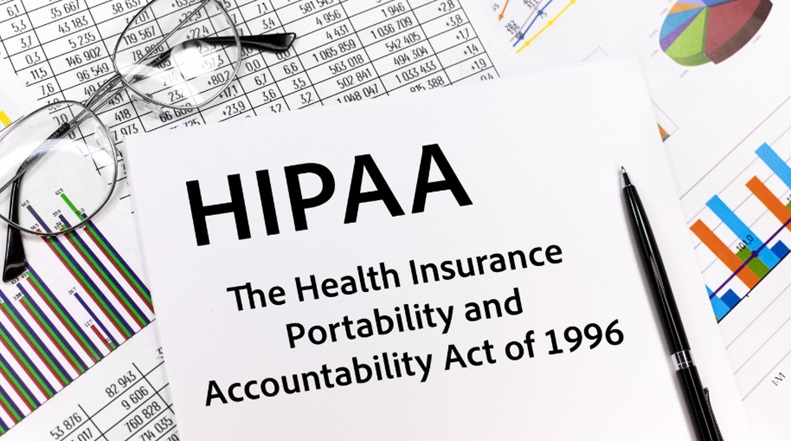Conducting a comprehensive Security Risk Analysis (SRA) is crucial for organizations handling Protected Health Information (PHI). A HIPAA consultant plays a pivotal role in ensuring compliance and maintaining the confidentiality, integrity, and availability of sensitive data. With evolving regulations and growing cyber threats, engaging an expert in this field offers numerous benefits.
Understanding the Importance of Security Risk Analysis
A Security Risk Analysis is a structured process that helps organizations identify, assess, and mitigate vulnerabilities in their systems. This analysis isn’t just a regulatory requirement; it’s a foundational step in safeguarding sensitive data. Without a proper assessment, healthcare entities may unknowingly expose themselves to cybersecurity risks or compliance violations, which could result in hefty fines or reputational damage.
While the process may seem complex, a qualified HIPAA consultant simplifies the task. They bring expertise, proven methodologies, and a thorough understanding of compliance standards to the table, ensuring the SRA is performed efficiently and effectively.
Key Contributions of a HIPAA Consultant in SRA
Evaluating Current Compliance Gaps
Most organizations believe they’re compliant because they’ve taken basic steps like securing devices or encrypting data. However, HIPAA compliance is much more intricate. A consultant begins by thoroughly evaluating an organization’s current policies, systems, and workflows. This process identifies specific gaps that may expose the organization to risks.
Tailored Risk Mitigation Plans
Once vulnerabilities are identified, consultants develop tailored strategies to address them. These plans often include technical upgrades, process improvements, or employee training. For example, if there’s a lack of encryption protocols for transmitting PHI, the consultant may recommend implementing end-to-end encryption solutions.
Streamlining Documentation and Reporting
A well-executed SRA involves detailed documentation, which may be overwhelming without proper guidance. A consultant ensures all risk analysis reports are comprehensive, accurate, and aligned with regulatory expectations. This is especially critical during audits or breach investigations.
Ensuring Alignment with HIPAA’s Three Pillars
Compliance revolves around three essential pillars — administrative, physical, and technical safeguards. Effortlessly incorporating these elements into your operation can be challenging. You should know more about the importance of compliance pillars and key ways to maintain a compliant framework.
The Value of Expert Guidance
Partnering with a consultant ensures your organization is well-prepared not just to meet compliance needs but also to address unexpected risks confidently. Experts help instill a proactive culture of security within your organization while significantly reducing the possibility of fines or breaches.
For a deeper understanding of how bringing in consultants can transform your approach, check out this insightful article on the advantages of hiring compliance specialists. It outlines specific benefits, from improved operational efficiency to enhanced overall security.
Conclusion
Conducting a comprehensive Security Risk Analysis can seem daunting without the right expertise. A HIPAA consultant not only ensures the process is seamless but also provides actionable insights that improve security and compliance. Whether you’re addressing the current gaps or future-proofing your systems, their guidance is instrumental in safeguarding sensitive data and maintaining trust in the healthcare ecosystem.


